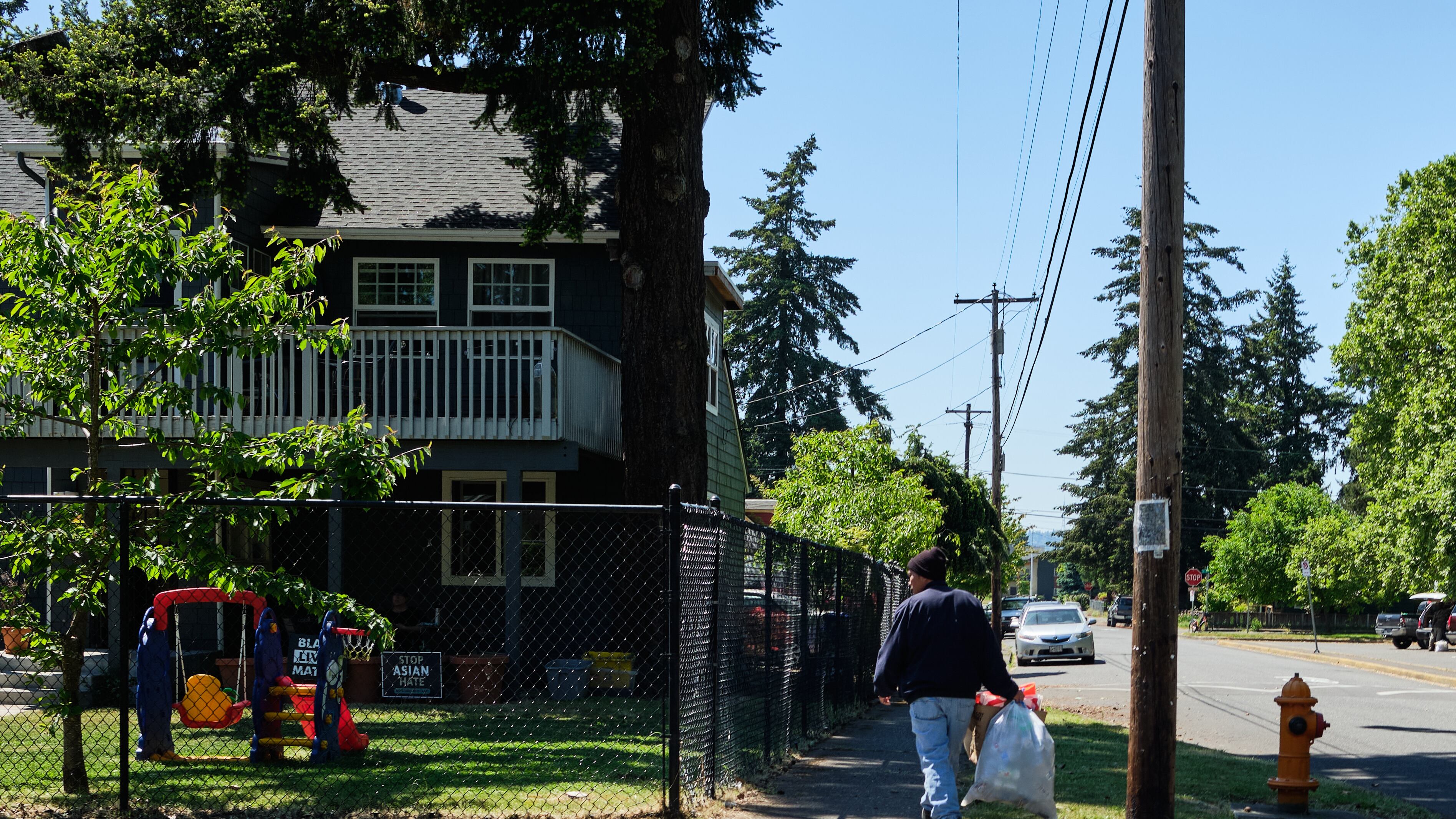Portland has millions to fix the homeless problem, but nobody can agree on what to do. Why not use the funds to pay Portlanders to move out of Oregon? Homeowners and homeless people could be encouraged to take the money and run. —Bret T.
As luck would have it, Bret, that program already exists. To take advantage of it, move to a cheaper city. Then just take that extra $1,000 you’re no longer spending on rent every month and put it straight into your pocket as guaranteed income. Andrew Yang, eat your heart out.
Unfortunately, even this generous incentive hasn’t found enough takers to make a difference. But if we can’t bribe rich people to leave town, maybe we can at least bribe poor people to, um, stop being poor.
In 2018, a Vancouver, B.C., nonprofit gave 50 recently homeless people a one-time lump sum payment of $7,500, plus counseling and support services, basically just to see what would happen. Another 65 subjects got the same support, but no cash.
I’ll cut to the chase: Those who got money didn’t blow it all on booze, drugs and scratch-off tickets. A year later, members of the cash group still had an average of $1,000 in the bank, and in spite of their windfall, they actually spent 39% less on “temptation goods” than the control group.
Instead, most of the grant was spent on necessities like food, bills and rent, plus a few big-ticket items like bikes or computers. The cash recipients also found stable housing an average of two months sooner than the control group.
This study is only one of many to suggest that direct cash transfers are an effective and efficient means of targeting aid. It’s probably a measure of America’s ambivalence about the welfare state that making poor people less poor by giving them money—money you’ve already set aside to fight poverty—is seen as a radical, bordering on insane idea.
I’m not saying the city and county should scrap the whole $150 million homelessness plan in favor of giving each of the 5,000 folks in question their $30,000 share, but it might not be that nuts to give half of them seven or eight grand. Call me crazy, but nothing does a number on poverty like money.
Questions? Send them to dr.know@wweek.com.
